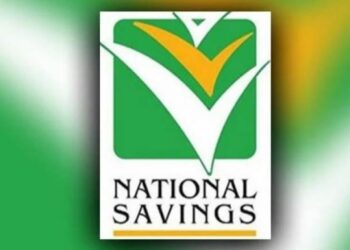ISLAMABAD: Federal Minister for Energy Hamad Azhar has said that the prices of petrol products in Pakistan are still lower than in most countries.
In a message on Twitter last night, Energy Minister Hamad Azhar said that raising the prices of petroleum products was a difficult decision but it is necessary due to rising oil prices in the global market.
He said that the rise in prices of petroleum products is less as compared to the world market. He said the government is gradually reducing the tax rate on petroleum products. He added that even today the price of oil in Pakistan is lower than most regional countries.
It should be noted that the government has increased the prices of petrol by Rs4 per litre “due to an increase in petroleum prices in the international market”.
After the increase, petrol has reached its historic high price of Rs127.30 per litre. High-speed diesel, with an increase of Rs2, costs Rs122.04 per litre while kerosene oil costs Rs7.05 more and is priced at Rs99.31 per litre, while light diesel oil was increased by Rs8.82 to and will cost Rs99.51 per litre.
“OGRA has worked out the higher petroleum prices but prime minister has decided against the recommendation and passed on the minimum increase in prices to the consumers,” said a notification by Finance Division.
It added the government has absorbed the higher international pressure of prices through a reduction in petroleum levy and the sales tax. “It is pertinent to mention that petroleum prices in Pakistan are the cheapest in the region,” the notification claimed.
Meanwhile, global oil prices dropped on Friday on the prospect that the OPEC+ supplier alliance might step up a planned increase in output to ease supply concerns, with soaring gas prices spurring power producers to switch from gas to oil.
Brent crude futures fell 7 cents, or 0.1%, to $78.24 a barrel at 0415 GMT, but were still heading for a small rise on the week, marking a fourth straight week of gains. US West Texas Intermediate (WTI) crude futures slipped 6 cents to $74.97 a barrel, though the contract remained on track to post a sixth consecutive week of rises.
All eyes are now on a meeting of the Organization of the Petroleum Exporting Countries (OPEC) and allies led by Russia, together known as OPEC+, on Monday, where producers will discuss whether to go beyond their existing deal to boost production by 400,000 barrels per day (bpd) in November and December.
































